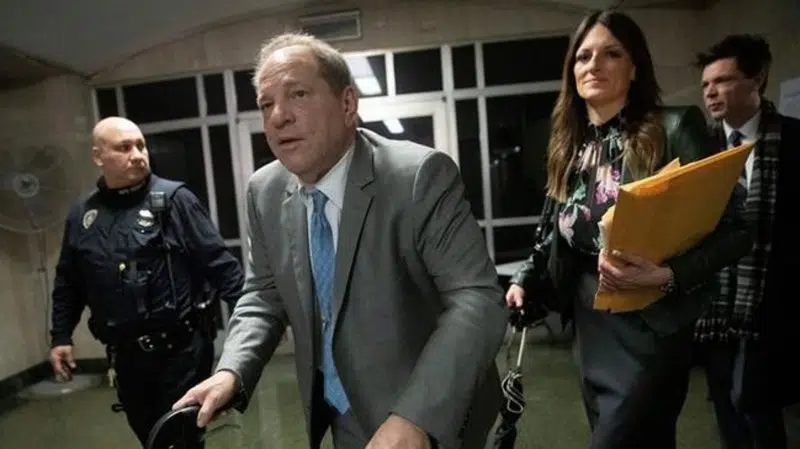
Jury back for second day of deliberations in Weinstein trial
NEW YORK — Jurors are returning Wednesday for a second day of deliberations in a rape trial that could send Harvey Weinstein to prison for the rest of his life.
The panel of seven men and five women had lots of questions Tuesday as they started weighing charges in the closely watched #MeToo case.
They asked for the legal definition of terms like consent and forcible compulsion and wanted to see evidence including an email Weinstein sent to a private spy agency in 2017 listing certain accusers he feared would come forward as “red flags.”
Weinstein, 67, is charged with raping a woman in a Manhattan hotel room in 2013 and forcibly performed oral sex on another woman, TV and film production assistant Mimi Haleyi, in 2006.
